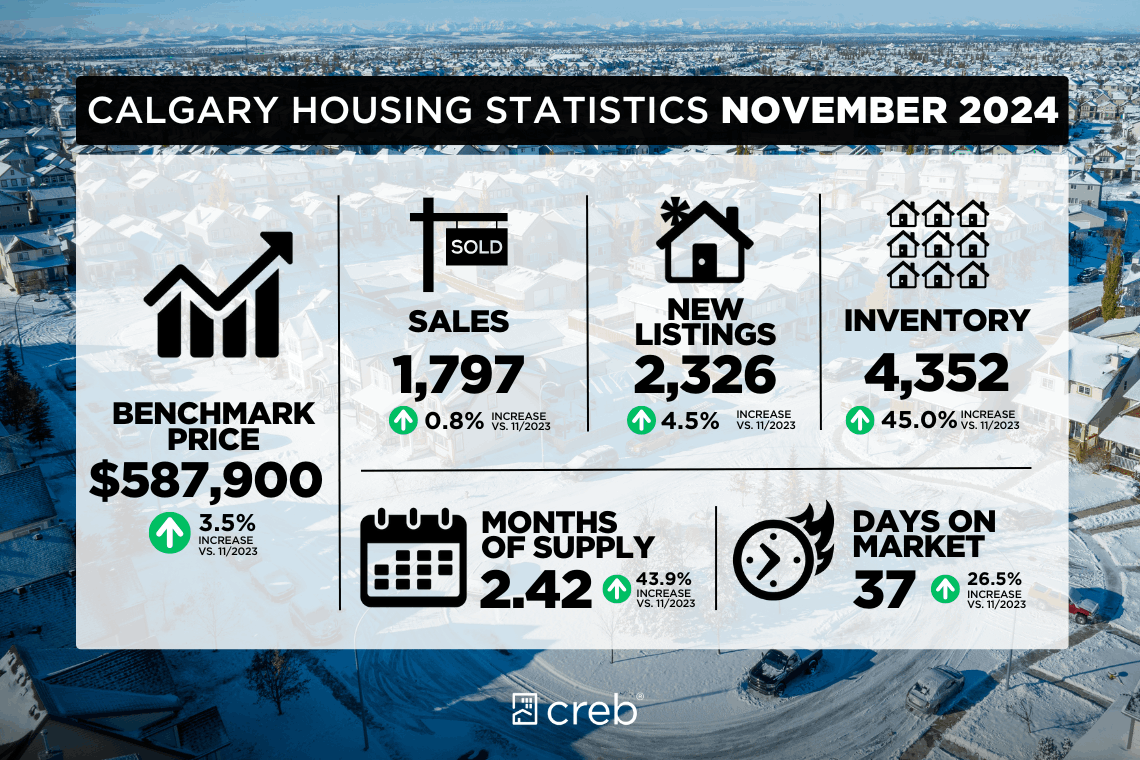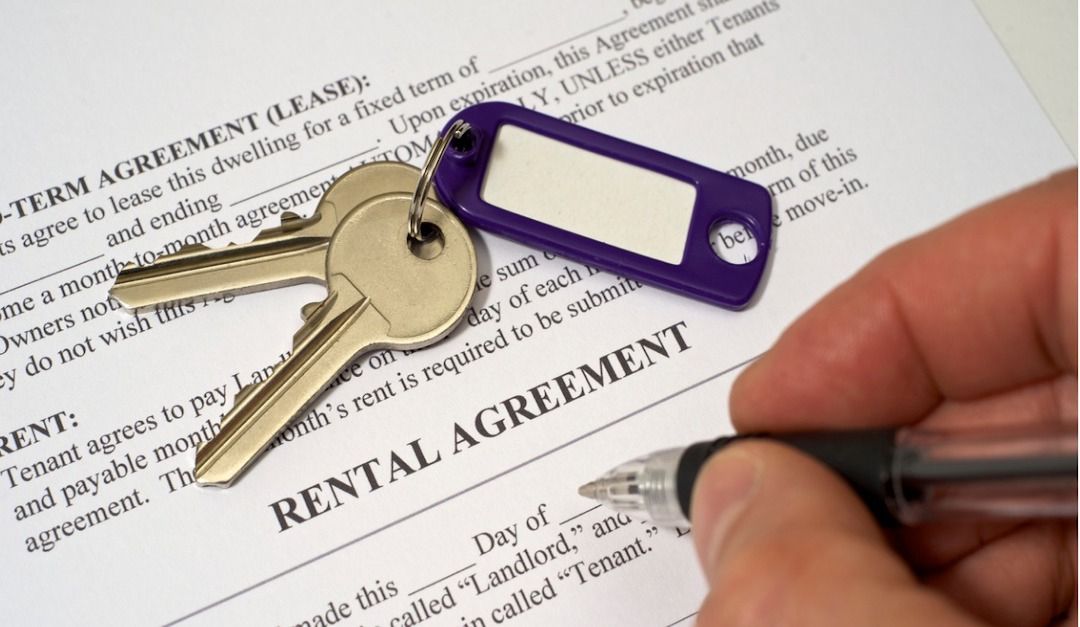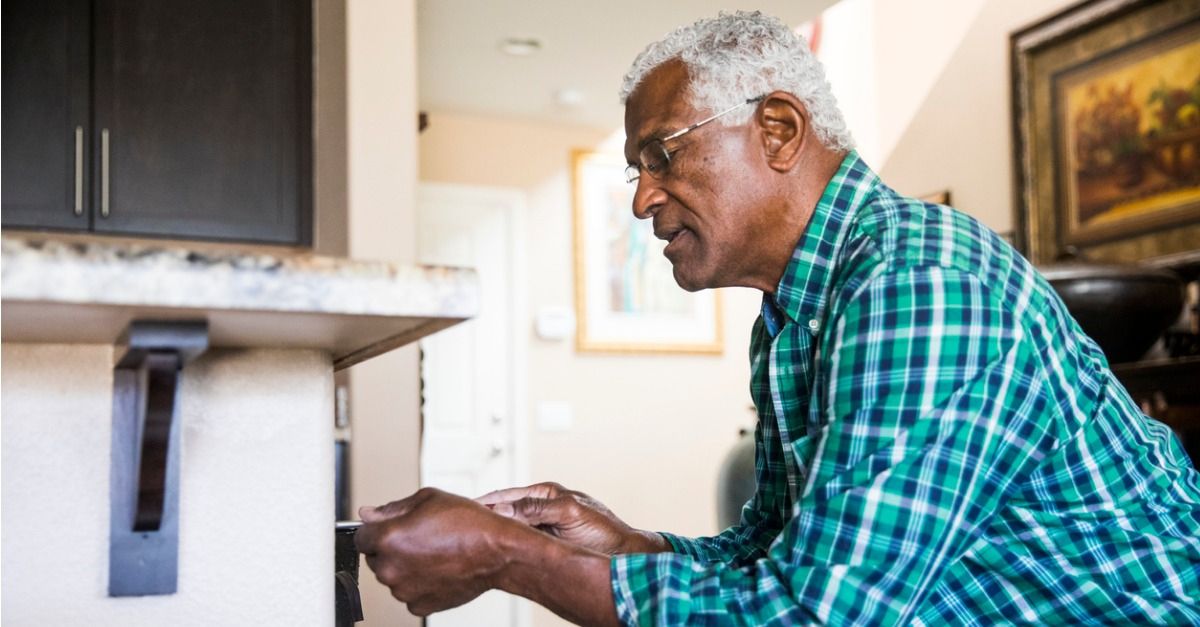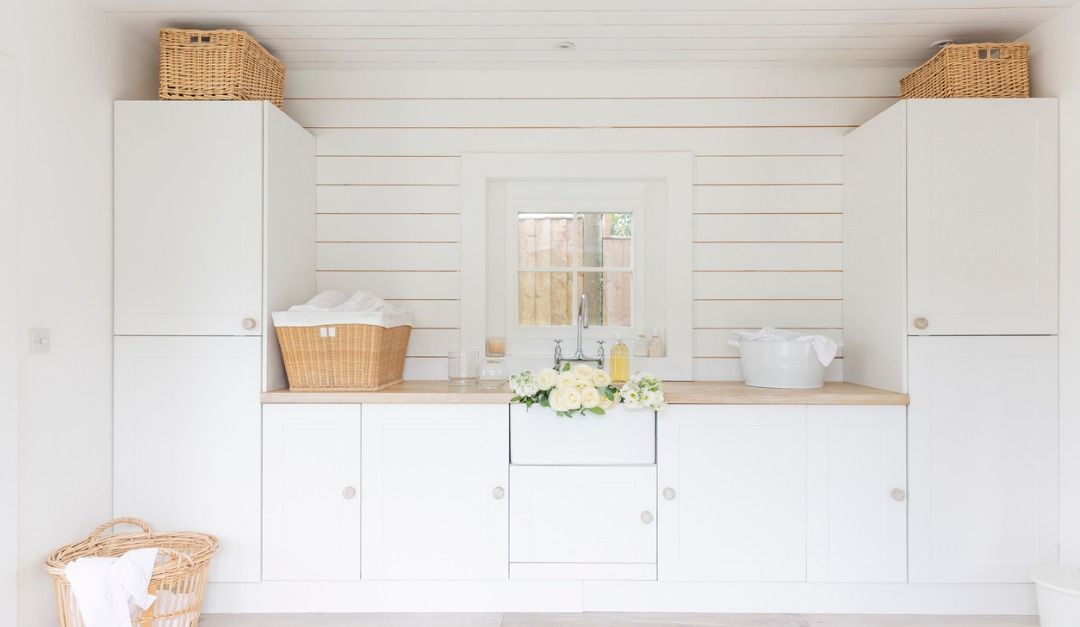
4 Mistakes to Avoid When Moving Into Your First Home
Perhaps you’ve been living with your parents your whole life to save up for a down payment on a home. You finally have that first home you’ve been saving up for, but you’ve never moved before. You have no clue how hard it is to move your entire life from one space to another…but you’re about to
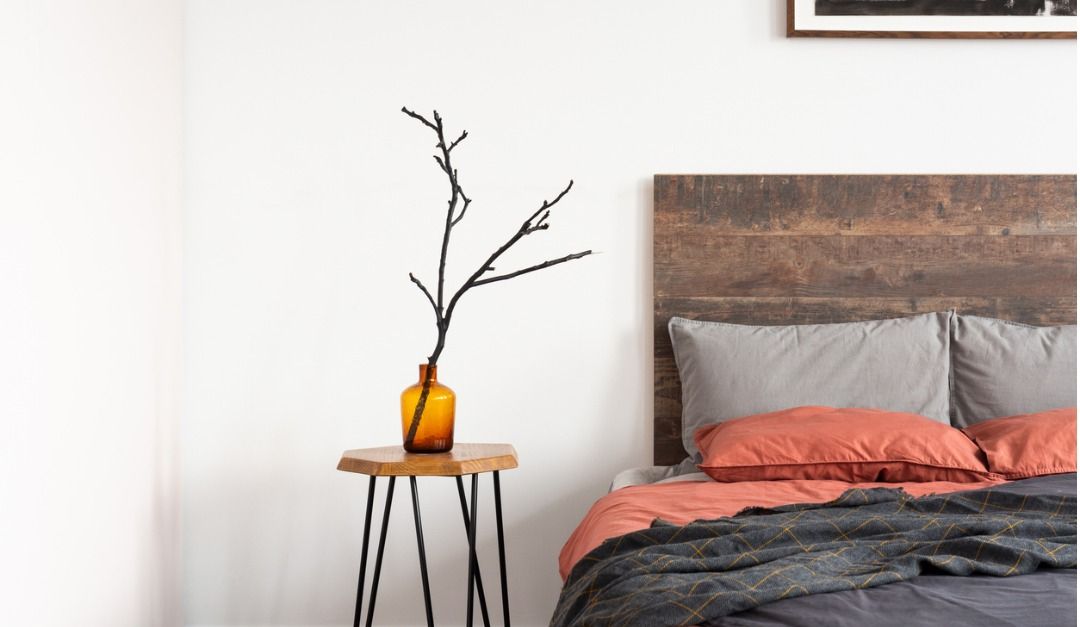
Ideas for an Improvised Headboard
When you’re prepping your home for sale, you might not have the time or resources to buy a new bedframe and headboard if you don’t have one already. But do you need one? Here are five fast ways to create an alternative headboard that will still give your bedroom a finished look before the buyers

What Happens to the Equity in Your Home If You Declare Bankruptcy?
Life can throw you curveballs. When you’ve fallen on hard financial times and find it difficult to pay your debts, you may have to declare personal bankruptcy. If you own your home and have built up some equity in it, you’re likely wondering what will happen to that equity. Unfortunately, the ne
Categories
Recent Posts

